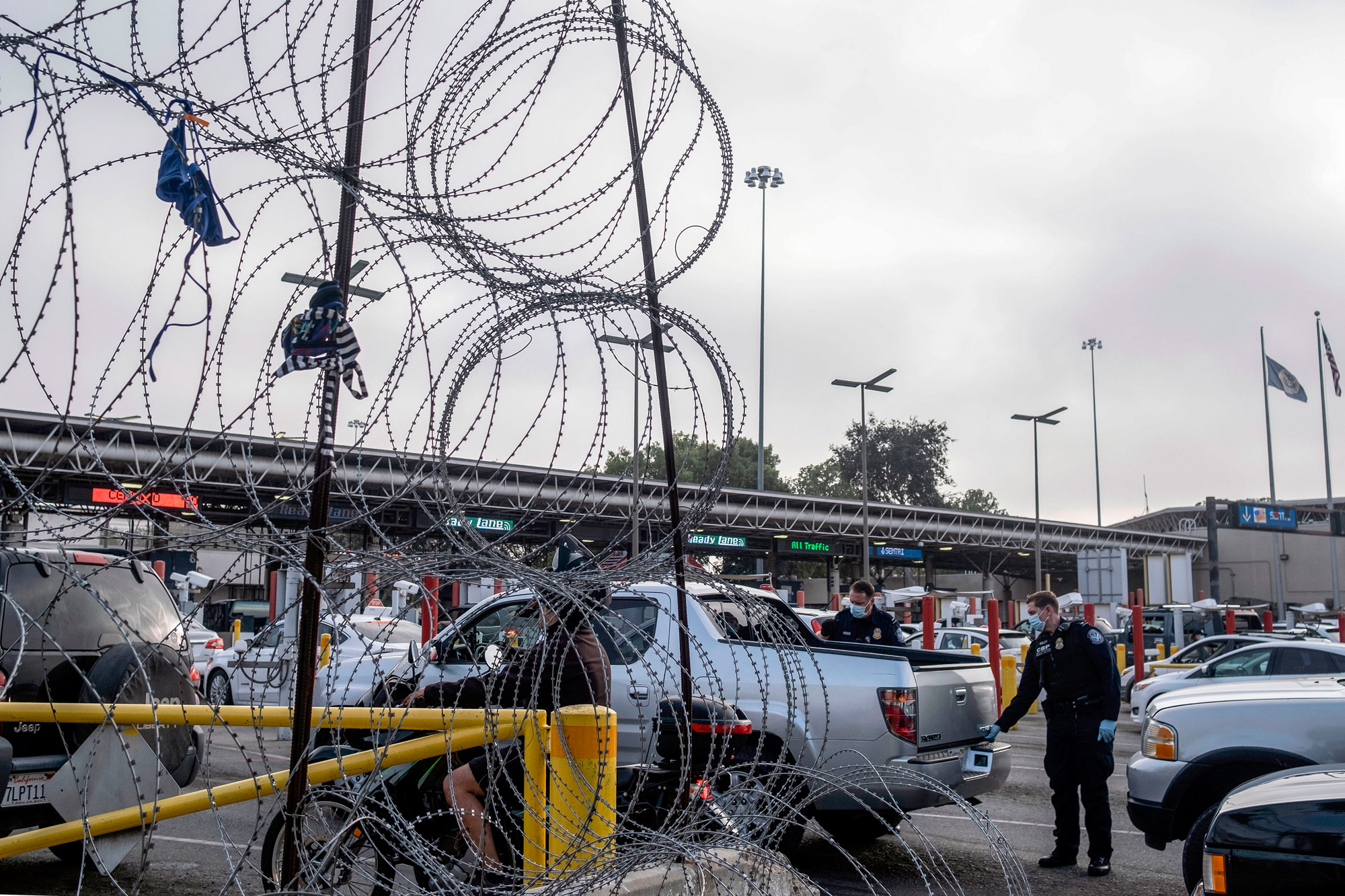
The United States has confirmed the US and Mexico and the US and Canada will extend shared border restrictions through Sept. 21, according to a tweet from Acting Department of Homeland Security Secretary Chad Wolf.
“We continue to work with our Canadian and Mexican partners to slow the spread of #COVID19. Accordingly, we have agreed to extend the limitation of non-essential travel at our shared land ports of entry through September 21,” Wolf’s tweet read.
Mexico’s Foreign Ministry also tweeted about the extension earlier Friday saying, “After reviewing the spread of COVID-19, Mexico proposed to the US the extension for another month of non-essential land travel restrictions at the common border.”
Some context: The announcement marks the latest extension of restrictions on nonessential travel after limits were initially put in place in late March.
The restrictions have been in place since March 21 and prohibit non-essential travel. Essential travel includes individuals traveling for medical purposes, attending school or engaged in trade, like truck drivers, among others, according to a regulation notice published in late July.
Some travelers are still permitted to cross, including, but not limited to, citizens returning home, those crossing for education or medical reasons, and those engaged in lawful cross-border trade. Thousands of people cross the US-Mexico border daily for work, school and other activities.
The US outpaces other countries in coronavirus cases, including Mexico and Canada, which have at least 505,751 and 123,194 cases, respectively, according to Johns Hopkins University data.














